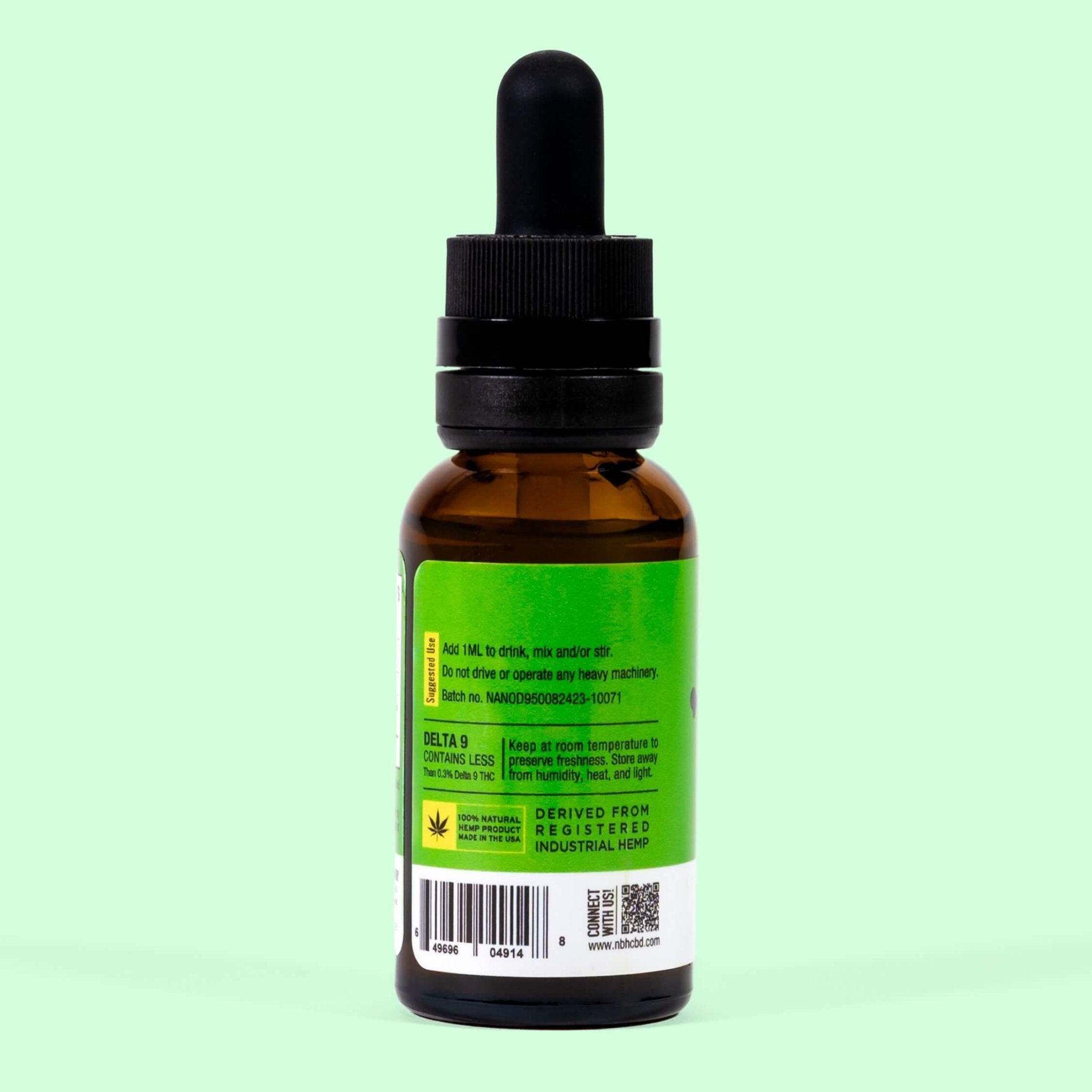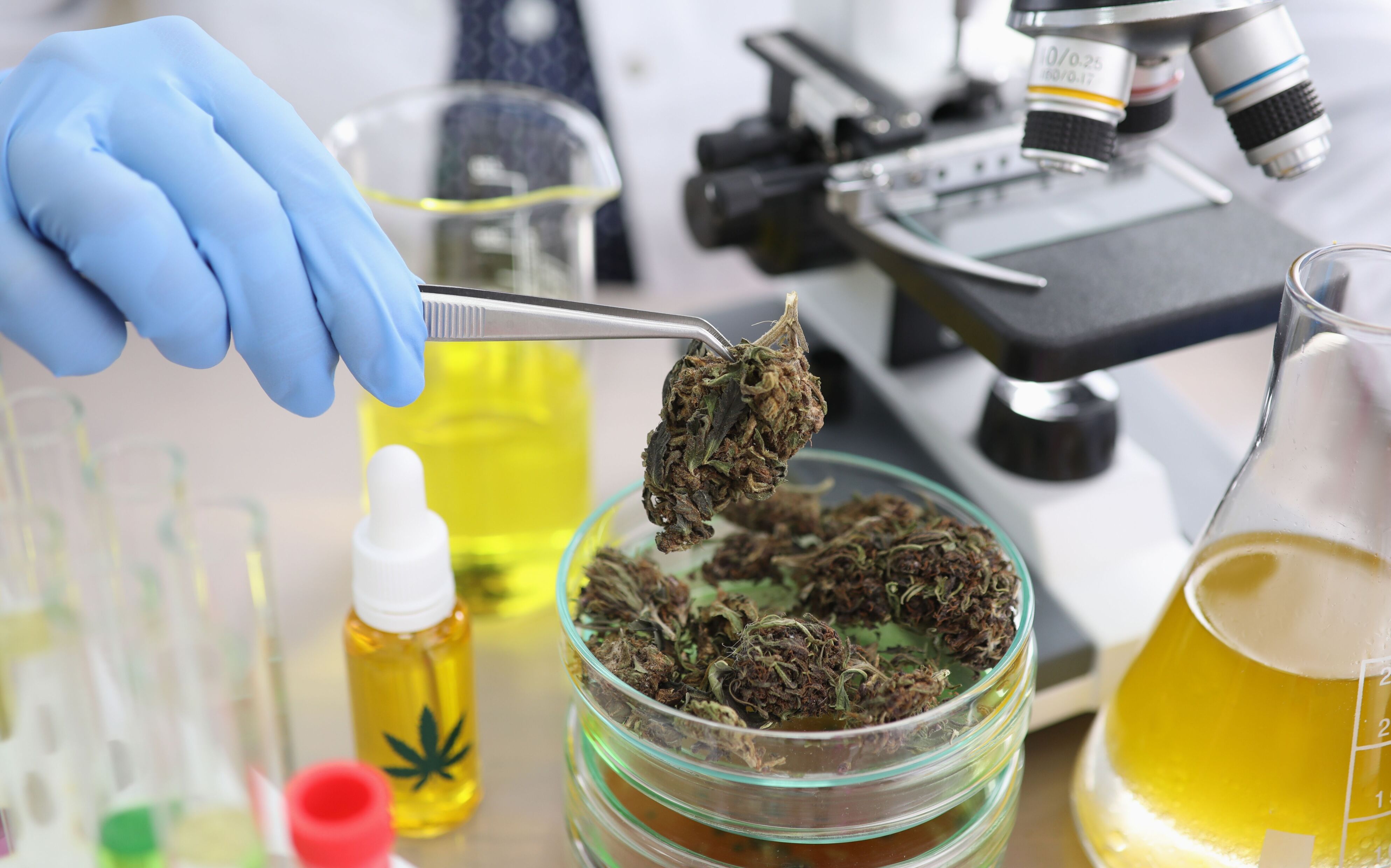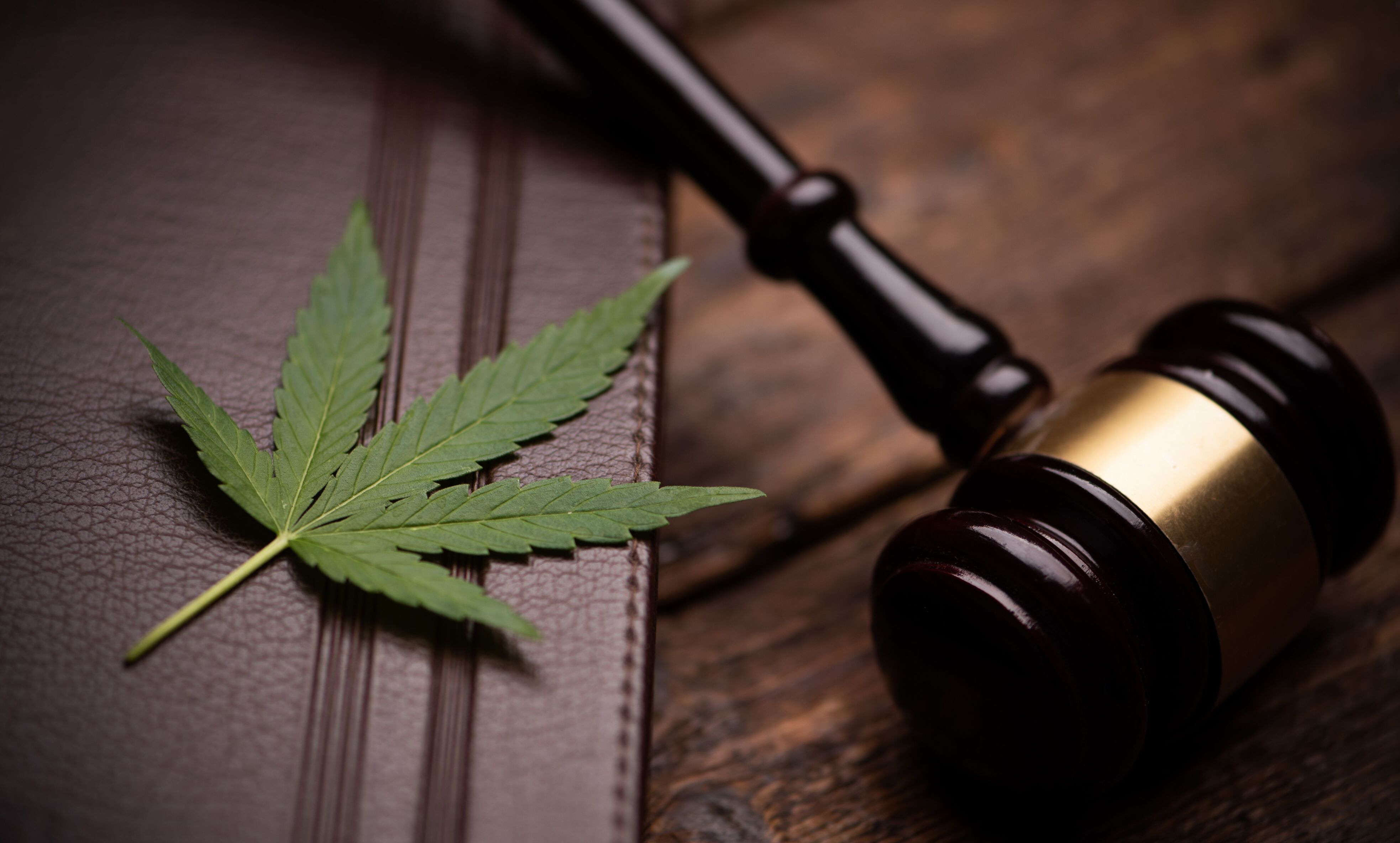
Cannabidiol (CBD) is a wildly popular cannabinoid that is often consumed for its therapeutic effects. However, it has only been legal in the Unites States for a few years and research has not been able to keep up with the need for scientific data regarding this compound.
Sometimes, research results help prove what many CBD users already know, but other times, it surprises even the scientists. This is the case with one recent study in particular.
Researchers at the Clinical Psychopharmacology Unit at University College London discovered that a single 600 mg dose of CBD does not affect activity in several reward-related regions of the brain.
How was the research conducted?
The double-blind, placebo-controlled study examined the effects of CBD in 23 healthy participants. The participants were each given 600 mg of CBD in one session and a placebo in another session, though the order of what they were given was randomized.
Then, the participants completed a computerized test called the Monetary Incentive Daily Task (MID). The participants had to push a button as fast as possible when a white square appeared on the screen. If they reacted fast enough, they could win a small amount of money.
As the participants were doing this, the researchers used functional magnetic resonance imaging (fMRI) to record their brain activity. The researchers specifically examined the affects of CBD on the neural correlates of reward anticipation and reward feedback. They did this by analyzing the whole brain, as well as certain regions that are known to be associated with processing rewards.
Why is this research important?
The researchers hypothesized that CBD “would augment brain activity associated with reward anticipation and feedback.” If the researchers’ hypothesis had been correct, this study might have played an important role in turning CBD into a therapeutic tool for treating certain psychiatric disorders that are associated with dysfunctional reward processing, such as depression and schizophrenia.
Instead, the study showed that the button-pressing task was connected to heightened activity in several parts of the brain, but the dose of CBD that participants were given had no affect on this brain activity.
“In healthy volunteers with no mental health disorders, a single large oral dose of CBD did not alter functional brain activity in the human reward circuit,” Will Lawn told PsyPost. Lawn is a post-doctoral research associate who was involved in the study.
This result was unexpected because previous studies have shown that CBD does affect reward-related behaviors. For example, one previous study found that CBD could help people reduce their cannabis consumption.
Researchers reportedly suggested that their recent study may indicate that CBD only has “an effect on reward networks that have already been perturbed.” They also indicated that repeated or long-term CBD consumption may cause different effects, as could CBD use in people with psychological disorders. However, they all reportedly agreed that more research on CBD is ultimately needed.
Sources
[2] https://journals.sagepub.com/doi/full/10.1177/0269881120944148
[3] https://www.thelancet.com/journals/lanpsy/article/PIIS2215-0366(20)30290-X/fulltext








































